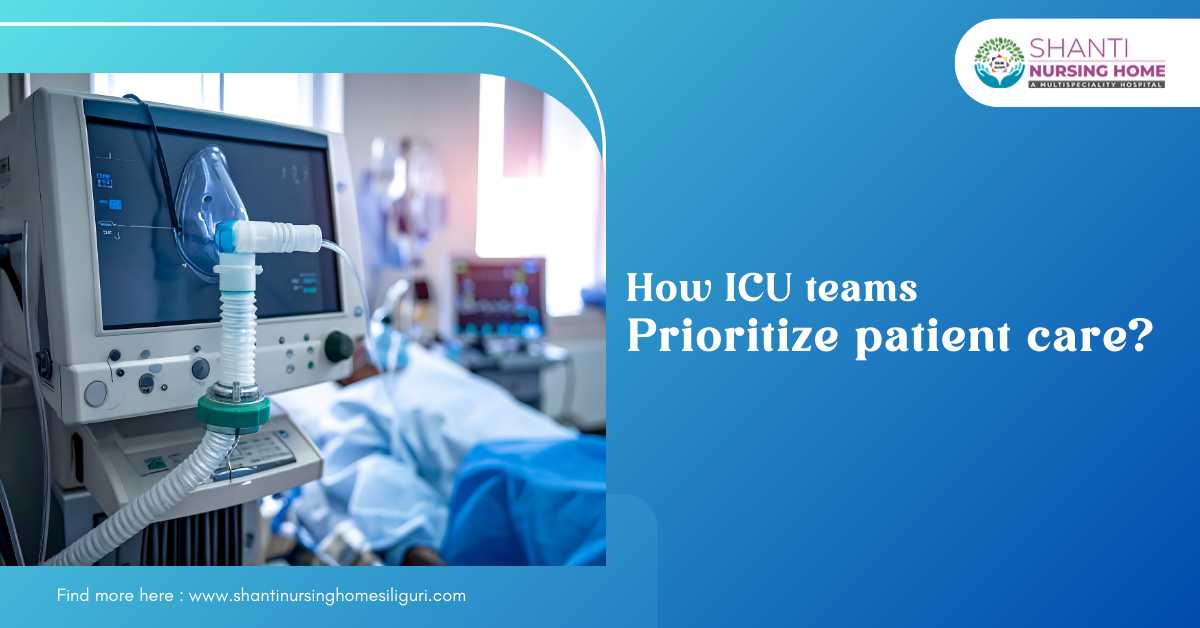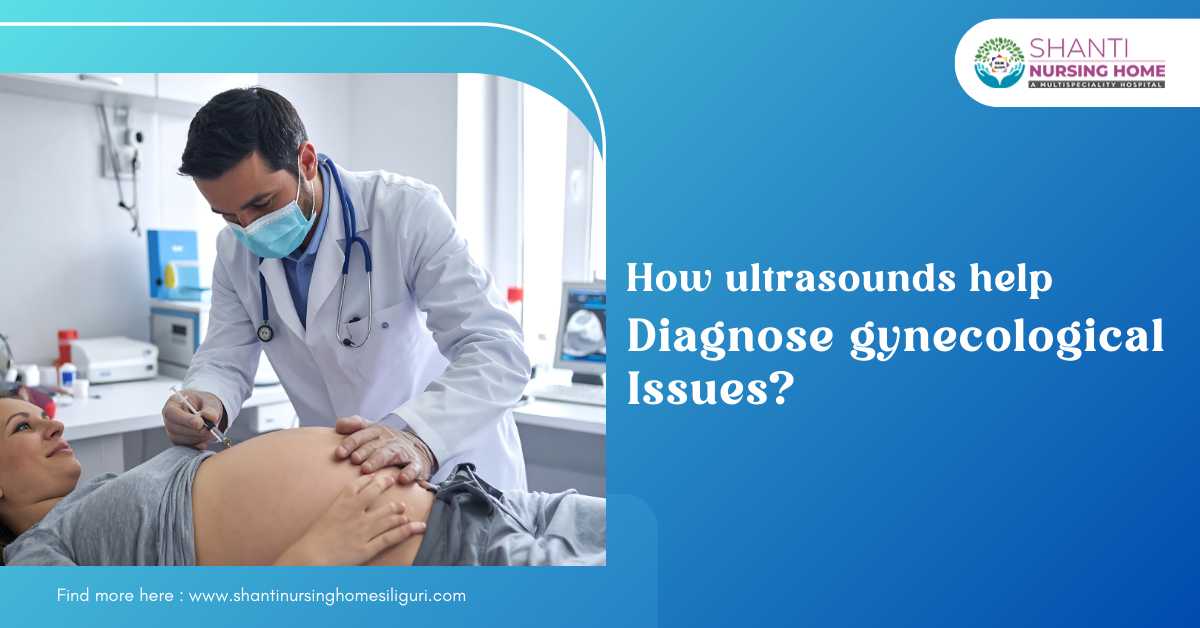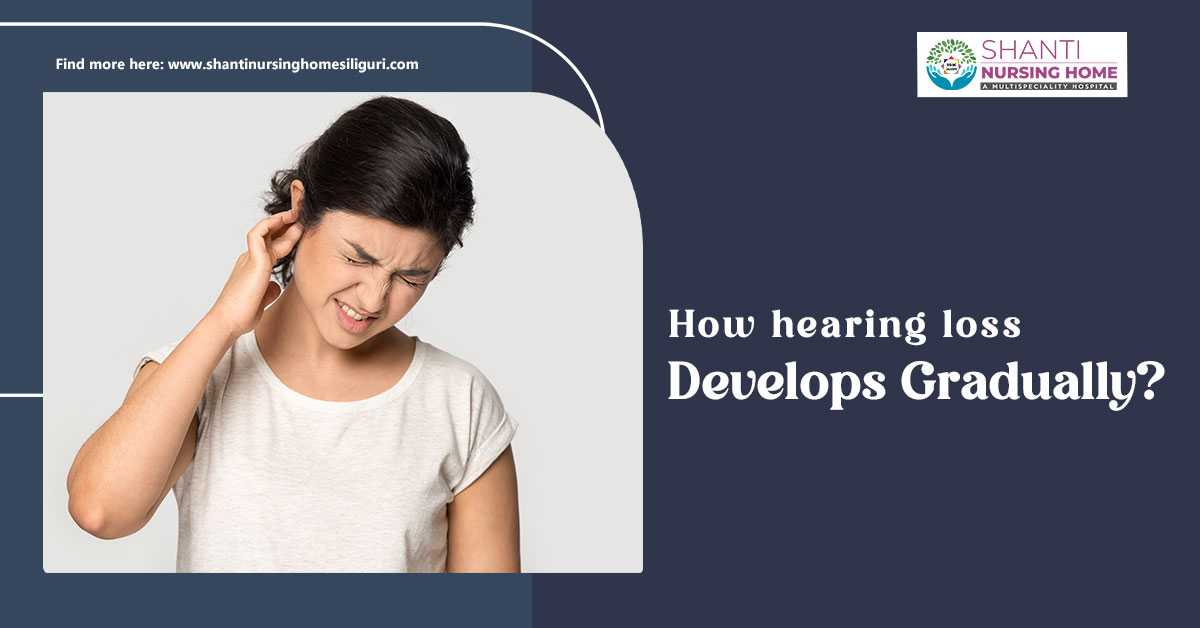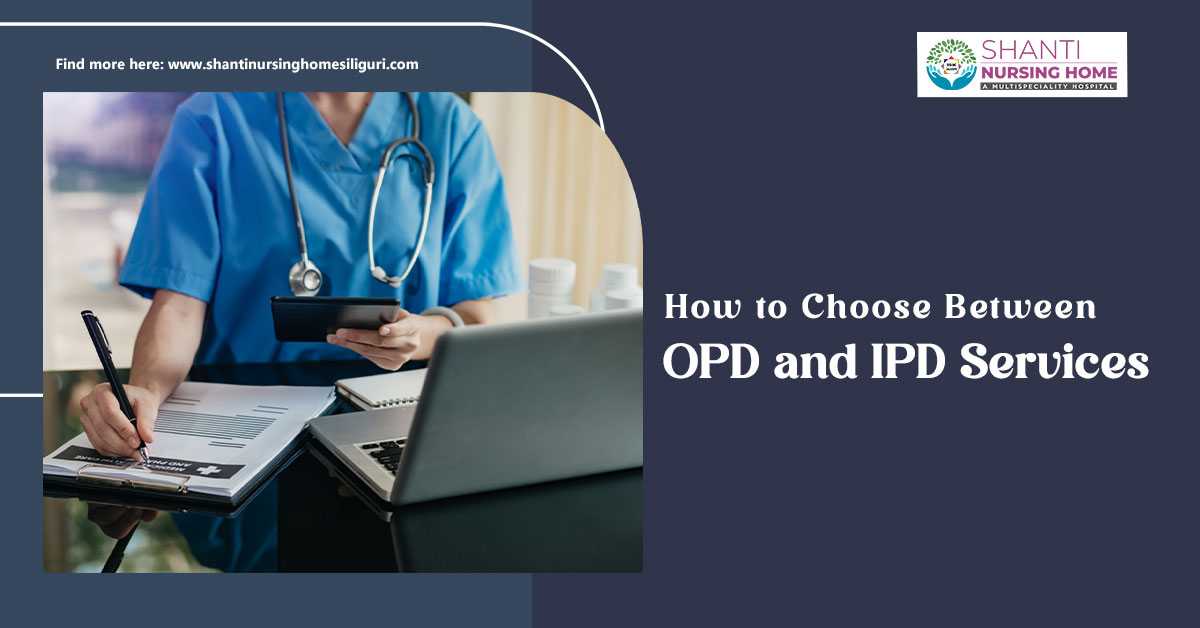Have you ever walked into a hospital in Siliguri and heard the terms OPD and IPD being thrown around, leaving you wondering what they actually mean? You’re not alone. Many people nod along as if they understand, but the truth is, knowing the difference is vital. It helps you choose the right care, save money, and avoid unnecessary stress. In this guide, we’ll explain everything in simple, easy-to-understand words so you can feel confident the next time you visit a hospital.
What is OPD?
OPD, or Outpatient Department, is the part of the hospital where you can visit for treatment without staying overnight. In simple words, you go to the hospital, meet your doctor, get your consultation, undergo some tests or minor procedures, and then go home the same day.
OPD is helpful for situations where your condition is mild or manageable at home. Here are some examples:
- Minor illnesses: Such as a cough, cold, mild fever, headache, or skin irritation.
- Routine health check-ups: Blood pressure, blood sugar, cholesterol, or vaccinations.
- Follow-up visits: After surgery or previous treatment, to make sure recovery is on track.
- Small procedures: Dressing wounds, removing stitches, injections, or blood tests.
The biggest advantage of OPD is convenience. You can receive treatment without taking too much time out of your day. It is also less expensive than IPD because you don’t pay for a hospital room, meals, or round-the-clock care. OPD allows you to manage your health while continuing your daily routine.
What is IPD?
IPD, or Inpatient Department, is for patients who need to stay in the hospital for proper treatment or observation. Unlike OPD, IPD is for situations where your doctor thinks you need continuous monitoring or medical support.
IPD is necessary when your condition cannot be managed through a simple consultation. Some common situations include:
- Serious illnesses: Infections, pneumonia, heart issues, or other conditions that need regular monitoring.
- Surgeries: Planned or emergency operations, including pre- and post-operative care.
- Accidents or injuries: Recovery after fractures, burns, or trauma that requires supervision.
- Childbirth and post-delivery care: Ensures both mother and baby are monitored.
- Treatments requiring continuous observation: IV medications, oxygen therapy, or monitoring vital signs.
The main benefit of IPD is full medical support. Nurses and doctors are available 24/7, ensuring proper treatment and faster recovery. While the cost is higher compared to OPD due to hospital stay and medical services, it provides peace of mind for serious health concerns.
What are the Main Differences Between Them?
OPD and IPD both provide essential healthcare services, but they serve different purposes. Knowing the difference can help you make the right choice.
- Stay Duration: OPD is for a same-day visit, while IPD requires hospital admission for one or more days.
- Type of Treatment: OPD is for minor illnesses, tests, and small procedures, whereas IPD is for serious illnesses, surgeries, and recovery care.
- Cost: OPD is generally affordable, as there are no room or meal charges. IPD is more expensive because it includes hospitalization costs.
- Doctor Interaction: In OPD, you meet the doctor in their chamber. In IPD, the doctor visits your room regularly and monitors your condition.
- Admission Requirement: OPD does not require admission, whereas IPD requires admission.
At last, OPD = quick visit, and IPD = hospital stay with continuous care. Both work together to ensure complete healthcare.
When to Choose Which Treatment is Helpful?
Deciding between OPD and IPD depends on the severity of your condition, the type of treatment required, and the advice of your doctor. Making the wrong choice can lead to unnecessary expenses or delayed care.
When OPD is Helpful:
- When your illness is minor or manageable at home.
- When you only need a consultation, test, or minor procedure.
- When you want to avoid staying overnight in the hospital.
- When you prefer quick treatment without disturbing your daily schedule.
- When you want to save money, OPD visits are less expensive.
When IPD is Helpful:
- When your condition requires continuous observation or intensive care.
- When you need surgery or post-surgery care.
- When your illness could get worse without supervision.
- When you need 24/7 access to hospital staff and equipment.
- When you require childbirth or post-delivery care.
Things to Keep in Mind About these
While OPD and IPD are straightforward, there are a few extra points that can help you make smart decisions:
- Insurance Coverage: Some health plans cover both OPD and IPD differently. Always check your policy to know what’s included.
- Distance from Hospital: If you live far away and your condition is serious, IPD might be safer.
- Recovery Needs: Even after an IPD stay, OPD follow-ups are important for monitoring recovery.
- Cost Planning: OPD is cheaper and suitable for regular check-ups, while IPD costs more due to a room, meals, and continuous care.
By keeping these points in mind, you can avoid confusion and ensure you get the right care at the right time.
Final Thoughts
Understanding the difference between OPD and IPD is easier than it sounds. OPD is for quick visits, minor illnesses, and routine treatments, while IPD is meant for serious conditions, surgeries, and situations requiring full medical care. Choosing the right service ensures you get proper care, faster recovery, and reduced stress. Both OPD and IPD are designed to provide the care you need. One helps with regular visits and minor treatments, while the other ensures you are fully supported when your health requires more attention.
If you’re looking for a reliable hospital in Siliguri to guide you through OPD or IPD services, Shanti Nursing Home is here to provide expert care and support every step of the way. By knowing these differences, you can make confident decisions for yourself or your loved ones and navigate hospital visits without worry.
Comments (0)




